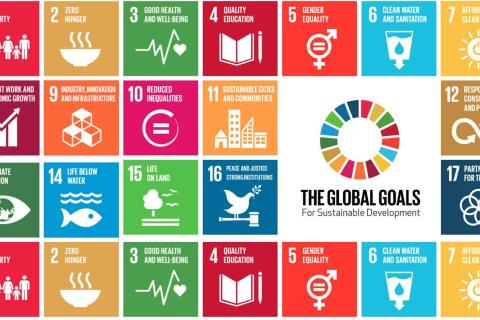The Power of Data: Measuring Perceptions of Property Rights
Until today, the world had no internationally comparable data on citizens’ perceptions of the security their property rights; no way of tracking how people evaluated the likelihood of their home or other land being taken from them.











